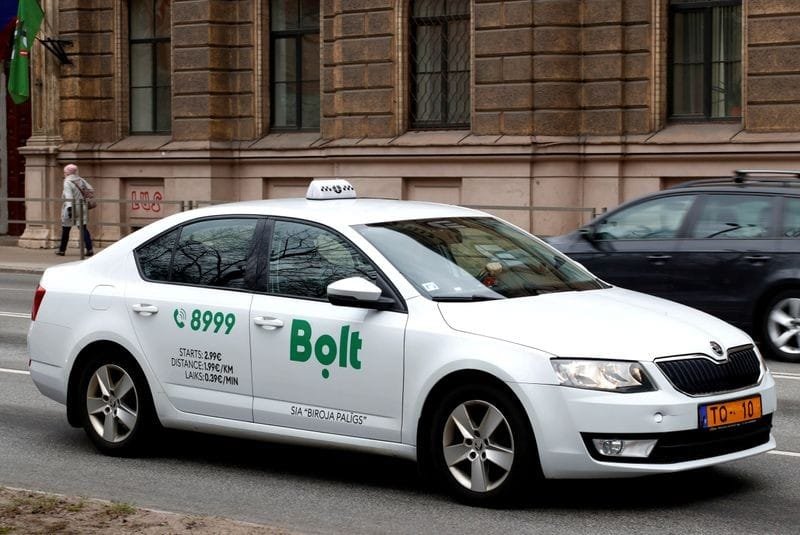In a clear bid to curb increasing incidents of safety, Bolt has ejected rogue 6,000 drivers in South Africa for misconduct, six months after ejecting its drivers in Nigeria. This decision has revealed the difficulties, under which the e-hailing platforms operate in Europe to fulfil the goal of protecting the drivers and passengers.
Another major criticism has been directed at Bolt for taking lower levels of accountability for its drivers across several African markets. However, one must admit that the recent measures to suspend it are pointing towards even stricter adherence to its code of conduct in an attempt to regain the trust of the riders.
This scrutiny seems to have been driven by protests and possible legal cases. As noted by TechCabal, Bolt said “The company will continue to permanently block drivers and riders who have been reported for misconduct from accessing the platform.”
The recent reports on the misconduct, harassment, and sexual assault of gig drivers in South Africa cannot be overlooked. Another unique event in May 2024 concerned a Bolt driver who has been taken into custody by the police for attempted murder of two women in Cape Town, as the conflict was initiated by a disagreement in regards to the destination. This brought scorn and criticism on social media on the level of security that is provided to female passengers using the ride hailing apps.
In another case, ex-Bolt driver Emmanuel Mudau was found guilty and received two life terms and other years for imprisonment, charged with rape, kidnap, and assault of females in Johannesburg. Despite police assistance in this situation, Bolt could be held civilly liable for not safeguarding its passengers as per Godrich Gardee Attorneys.
As a consequence of these mishaps, the company has added some safety measures like audio, driver’s selfie, emergency services, the ability to track and monitor, and if the car does not move for a certain amount of time, the rider and the driver are required to interact.
Bolt became popular in South Africa last year, and in the last eight months, it has turned its attention to the rest of Africa securing a place in Botswana, Zambia, Zimbabwe and Namibia among other countries; currently, it operates in 14 African countries. Such expansion also implies more stringent safety standards and reliability that Bolt seems to have been aiming at addressing in recent measures.















